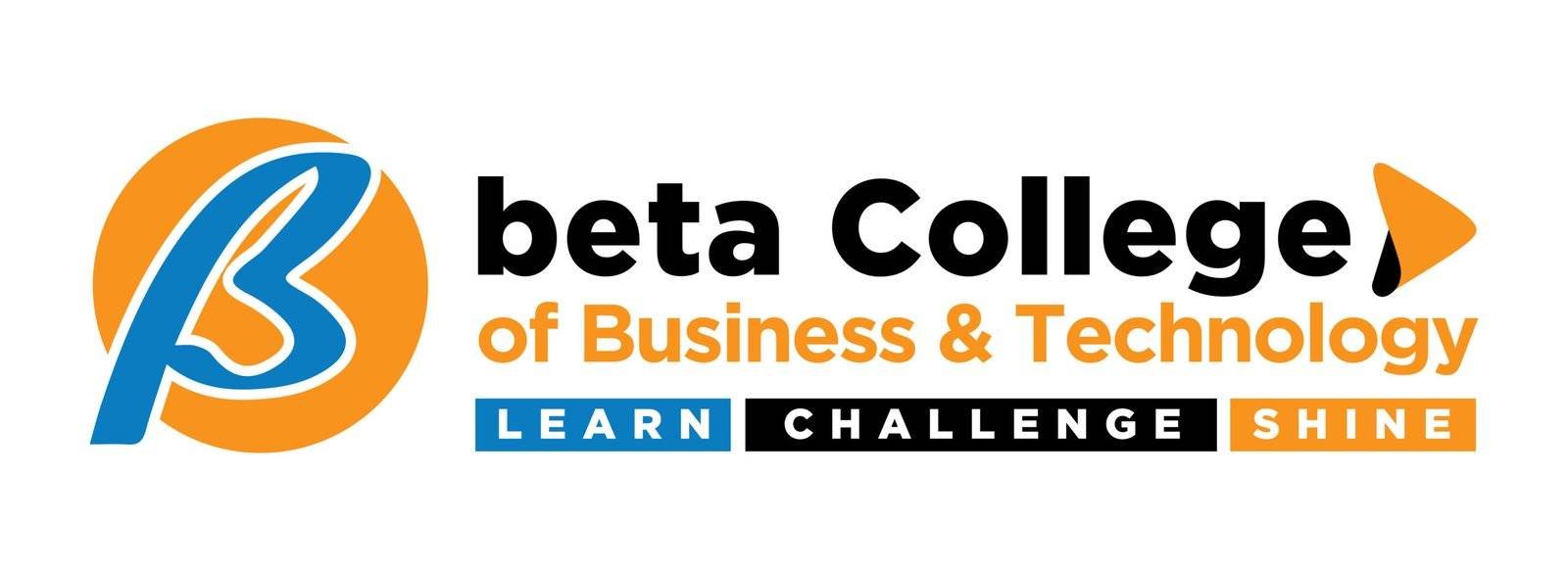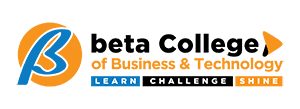Introduction
In today’s competitive job market, individuals are constantly seeking ways to enhance their personal and professional growth. One avenue that has proven to be effective in this pursuit is the pursuit of a diploma. A diploma is not just a piece of paper; it represents a structured educational journey that can significantly impact an individual’s life. In this comprehensive guide, we will explore the multifaceted role of a diploma in fostering personal and professional development.
Understanding the Significance of a Diploma
A diploma is more than a certificate of completion; it is a testament to a person’s dedication, hard work, and commitment to learning. Whether it’s a diploma in a specific trade, technology, or a more general field of study, the structured curriculum provides a foundation of knowledge that can be applied in various personal and professional scenarios.
Personal Growth Through Learning
- Enhanced Skill Set – Pursuing a diploma allows individuals to acquire a specialized skill set. This not only makes them more marketable in the workforce but also boosts their confidence in their abilities.
- Critical Thinking and Problem-Solving – programs often emphasize critical thinking and problem-solving skills. These skills are not only valuable in a professional setting but also contribute to better decision-making in personal life.
- Time Management and Discipline – Completing a diploma requires effective time management and discipline. These qualities spill over into other aspects of life, promoting a more organized and structured lifestyle.
Professional Growth Opportunities
- Career Advancement– Many professions require specific qualifications, and can be the key to unlocking career advancement opportunities. It serves as evidence of expertise and competence in a particular field.
- Industry Recognition– Having a diploma can garner recognition within a specific industry. Employers often prefer candidates with relevant diplomas, as it indicates a deeper understanding of the subject matter.
- Networking and Industry Connections – Diploma programs often provide opportunities for networking and industry connections. These relationships can open doors to job opportunities, mentorship, and a deeper understanding of industry trends.
The Practical Aspect of a Diploma
- Hands-On Experience– Many programs include practical, hands-on experience, giving individuals the chance to apply theoretical knowledge in real-world scenarios. This practical aspect enhances the learning experience and prepares individuals for the challenges they may face in their careers.
- Project Work and Portfolios– programs often involve the completion of projects and the development of portfolios. These tangible representations of skills and achievements can be powerful tools when seeking employment or professional opportunities.
The Impact of Technology on Diploma Programs
- Online Learning and Flexibility – With the rise of technology, many programs are now available online. This provides individuals with flexibility in terms of when and where they can study, making education more accessible.
- Integration of Industry-Relevant Technologies – Diploma programs are evolving to incorporate the latest technologies relevant to specific industries. This ensures that graduates are well-equipped to navigate the technological landscape of their chosen field.
Overcoming Challenges in Pursuing a Diploma
- Financial Considerations– Pursuing a diploma can be a financial commitment. This section explores various avenues for financial assistance, scholarships, and the return on investment that can bring.
- Balancing Work and Education– Many individuals pursue diplomas while working. Strategies for effectively balancing work and education are discussed, emphasizing the importance of time management.
Soft Skills Development
While technical skills are paramount, diploma programs also emphasize the development of soft skills such as communication, teamwork, and leadership. These skills are crucial for success in any professional setting, as individuals are not only judged by their technical proficiency but also by their ability to collaborate, communicate effectively, and lead teams.
Lifelong Learning Mindset
The pursuit of a diploma fosters a mindset of lifelong learning. Completing a diploma is not seen as the end of one’s educational journey but as a foundation for continuous growth. Individuals with diplomas are often more inclined to pursue further education, certifications, and professional development opportunities throughout their careers, staying current and adaptable in rapidly evolving industries.
Practical Experience through Internships
Many diploma programs incorporate internships or work placements as part of the curriculum. These experiences provide invaluable opportunities for hands-on learning in real-world settings. Engaging in internships allows students to apply theoretical knowledge to practical situations, bridging the gap between academia and industry and fostering a deeper understanding of their chosen field.
Industry-Relevant Curriculum
Diploma programs are crafted with a keen eye on industry needs and trends. The curriculum is often designed in collaboration with industry experts, ensuring that graduates possess the most relevant and up-to-date knowledge. This industry alignment enhances the practical applicability of the diploma, making it a valuable asset for employers seeking candidates with hands-on experience.
Industry Connections and Alumni Networks
Diploma programs often provide access to industry-specific events, seminars, and networking opportunities. Additionally, the establishment of alumni networks creates a valuable community of professionals who have successfully completed the program. These connections offer ongoing support, mentorship, and potential career opportunities throughout an individual’s professional journey.
Effective Communication in the Digital Age
In an era dominated by digital communication, effective written and verbal communication skills are paramount. Diploma programs integrate communication training, preparing individuals to express ideas clearly, collaborate through digital platforms, and engage with diverse audiences. These skills are indispensable in today’s interconnected and technology-driven workplaces.
Professional Development Resources
Many diploma-granting institutions offer ongoing professional development resources. These resources may include workshops, webinars, and access to industry publications. Engaging with these opportunities allows graduates to stay informed about emerging trends, furthering their professional growth beyond the completion of the diploma program.
Conclusion:
In conclusion, the role of a diploma in personal and professional growth is multifaceted. It goes beyond the acquisition of knowledge and extends to the development of skills, personal attributes, and a mindset conducive to success. As technology continues to shape the educational landscape, diplomas remain relevant and essential in empowering individuals to achieve their goals. Whether you’re considering furthering your education or encouraging others to do so, understanding the profound impact of a diploma is crucial in fostering continuous personal and professional development.



 by Cosmiqe Digital
by Cosmiqe Digital